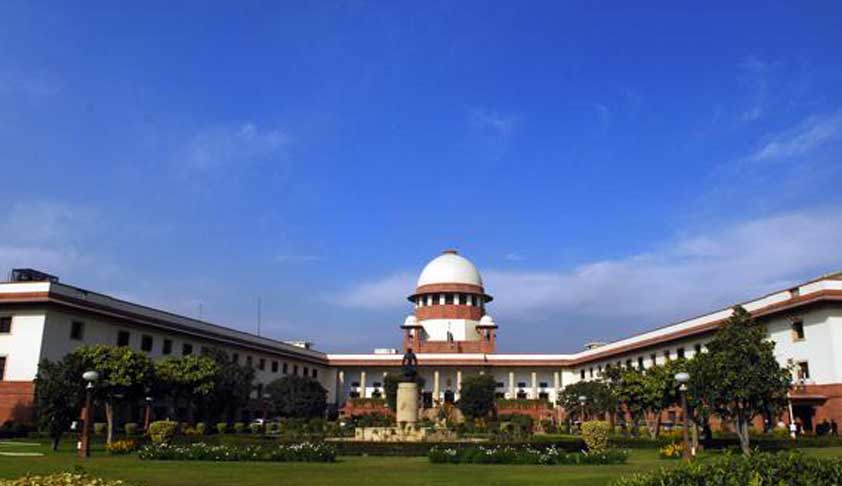SC agrees to hear PIL relating to juvenile culpability and mental maturity
LIVELAW NEWS NETWORK
2 Aug 2013 12:44 PM IST

Next Story
2 Aug 2013 12:44 PM IST
The Supreme Court on Wednesday agreed to hear a PIL [Special Leave Petition (Criminal) 1953 of 2013] demanding that a juvenile's culpability should be determined on his mental maturity rather than physical age.The Petition filed by Dr. Subramanian Swamy seeks court trial of the 17-year-old juvenile accused in the Nirbhaya gang rape case and demanded a fresh interpretation of the term...
